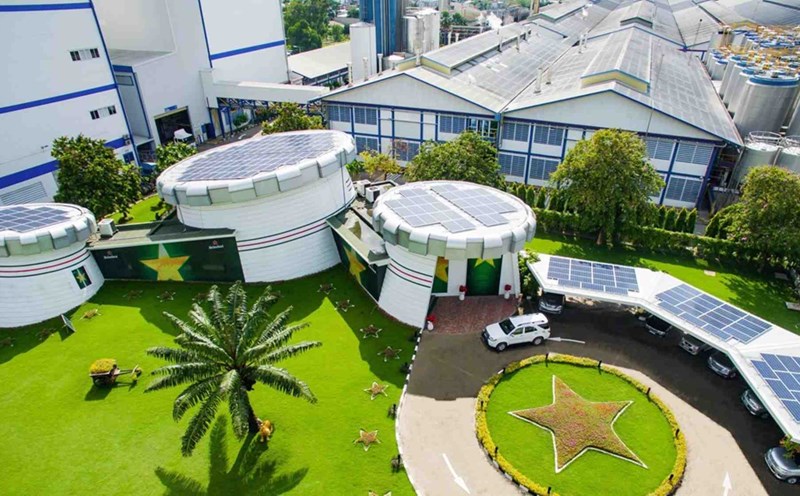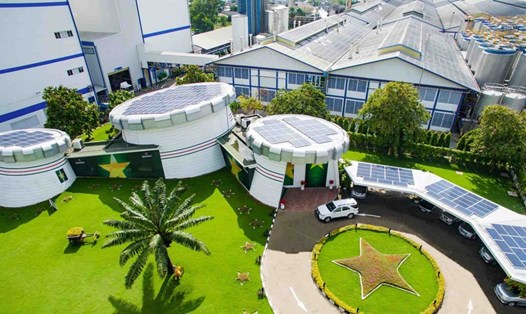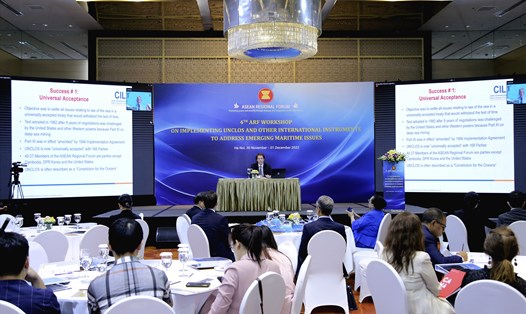The above information was presented by Associate Professor, Dr. Ngo Huu Phuoc - Deputy Dean in charge of the Faculty of Economic Law, University of Economics and Law, Ho Chi Minh City National University at the workshop "30 years of the United Nations Convention on the Law of the Sea coming into force: From Vietnam's commitment to action" organized by the University of Economics and Law in coordination with Ho Chi Minh City Law Newspaper on November 15.
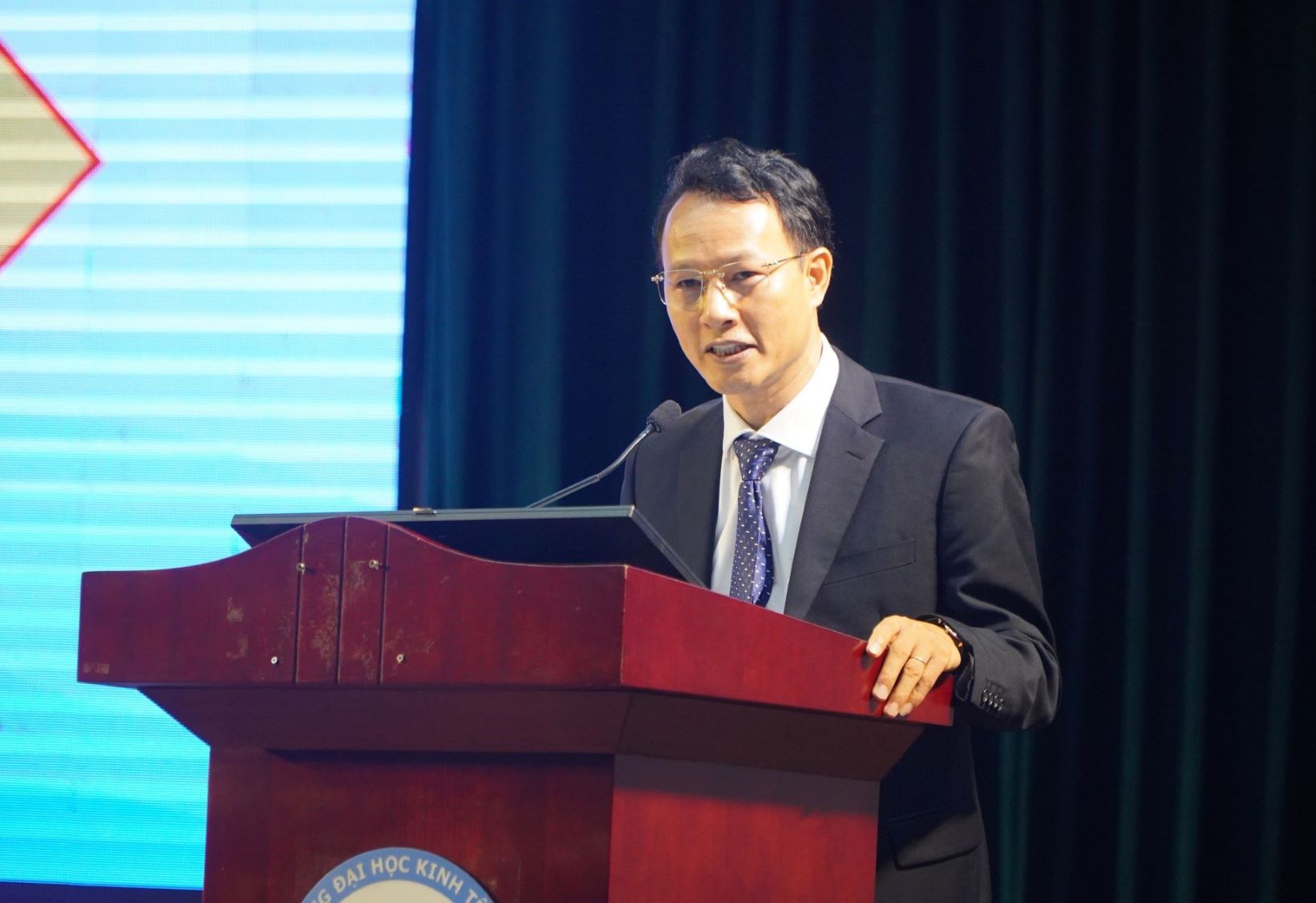
The 1982 United Nations Convention on the Law of the Sea (UNCLOS), adopted on April 30, 1982 and taking effect on November 16, 1994, comprehensively regulates international legal issues on seas and oceans, and is the most important international legal basis for countries to establish and exercise sovereignty, sovereign rights, jurisdiction, etc.
Therefore, UNCLOS is considered the "Constitution of the seas and oceans" of the international community, a global international treaty of second importance after the United Nations Charter, and the legal basis for all actions and cooperation at the national, regional and global levels to resolve all issues related to the law of the sea and establish a legal order at sea.
“However, in the face of constant changes in science and technology, the need to exploit and use marine resources, climate change, international geopolitics, etc., UNCLOS needs to continue to be improved to promote its universal international legal value in the present and the future,” said Associate Professor, Dr. Ngo Huu Phuoc.
From there, Mr. Phuoc said that there are three major challenges that the international community must address to perfect UNCLOS: the challenge of climate change, the challenge of maritime security, and the challenge of protecting human rights at sea.
Climate change has, is, and will have a huge impact on natural and human systems as well as exacerbate maritime security challenges.
Rising sea levels are the cause of population displacement, changes in marine ecosystems, decline in aquatic resources, increasing poverty and social inequality...
"During the UNCLOS negotiations in the 1970s and 1980s, climate change was not raised. Therefore, UNCLOS does not seem to mention climate change. This poses a series of challenges in the 21st century, when the impacts of climate change, including rising sea levels, have become a reality because UNCLOS is "not a sufficient basis" to address the impacts of climate change," said Mr. Phuoc.
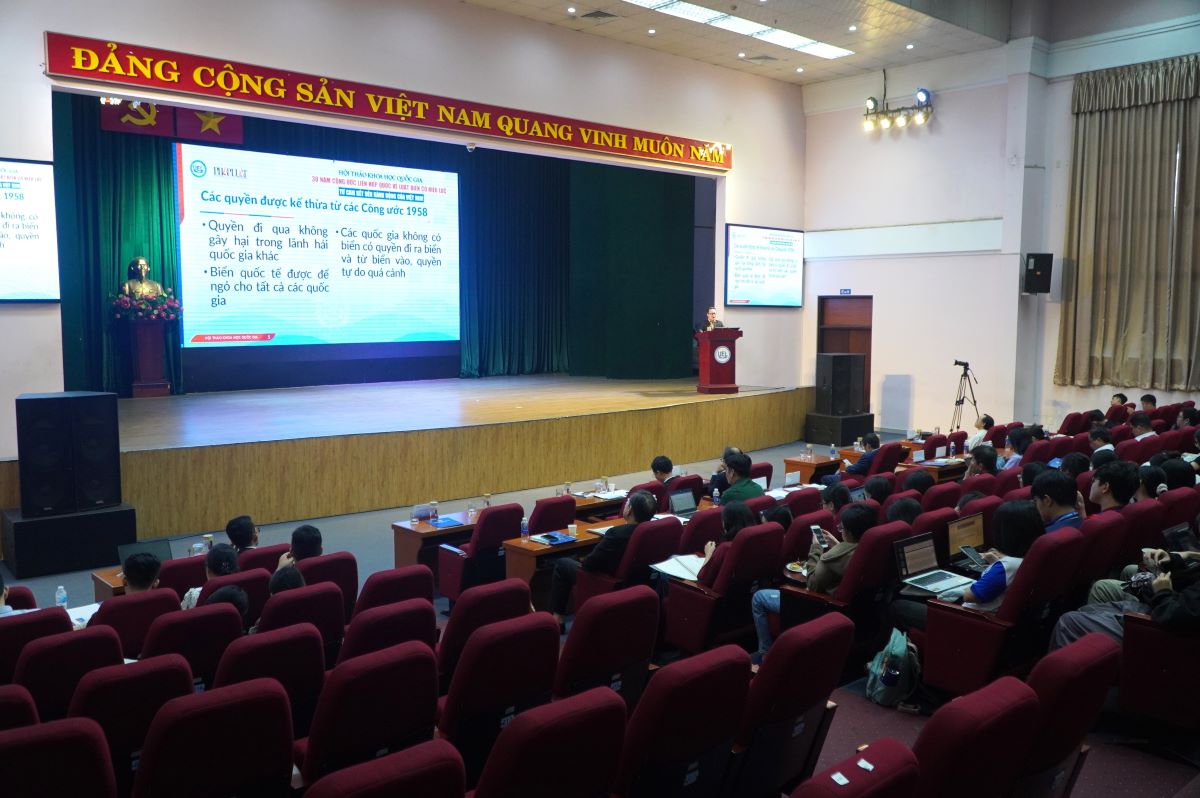
Regarding the challenge of maritime security, Mr. Phuoc said that the 21st century has witnessed the rapid development of science and technology in many fields, including the maritime field, including autonomous maritime vehicles (unmanned aerial vehicles - MAV).
The emergence of MAVs has posed a new challenge to international maritime security, as UNCLOS was drafted at a time when traditional maritime vehicles required actual crews to operate.
Many provisions of UNCLOS refer to and place obligations on the ship's crew. Meanwhile, MAVs do not require an actual crew to operate, and some do not even require a remote crew.
Regarding the challenge of human rights at sea, Mr. Phuoc said that there is still a lack of a specialized, unified legal regime on human rights, refugees, labor and maritime law.
"This requires that international law needs to clearly define and provide a legal basis for effectively punishing criminal acts that violate human rights at sea," Associate Professor Dr. Ngo Huu Phuoc said.

